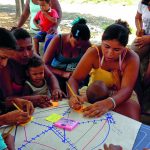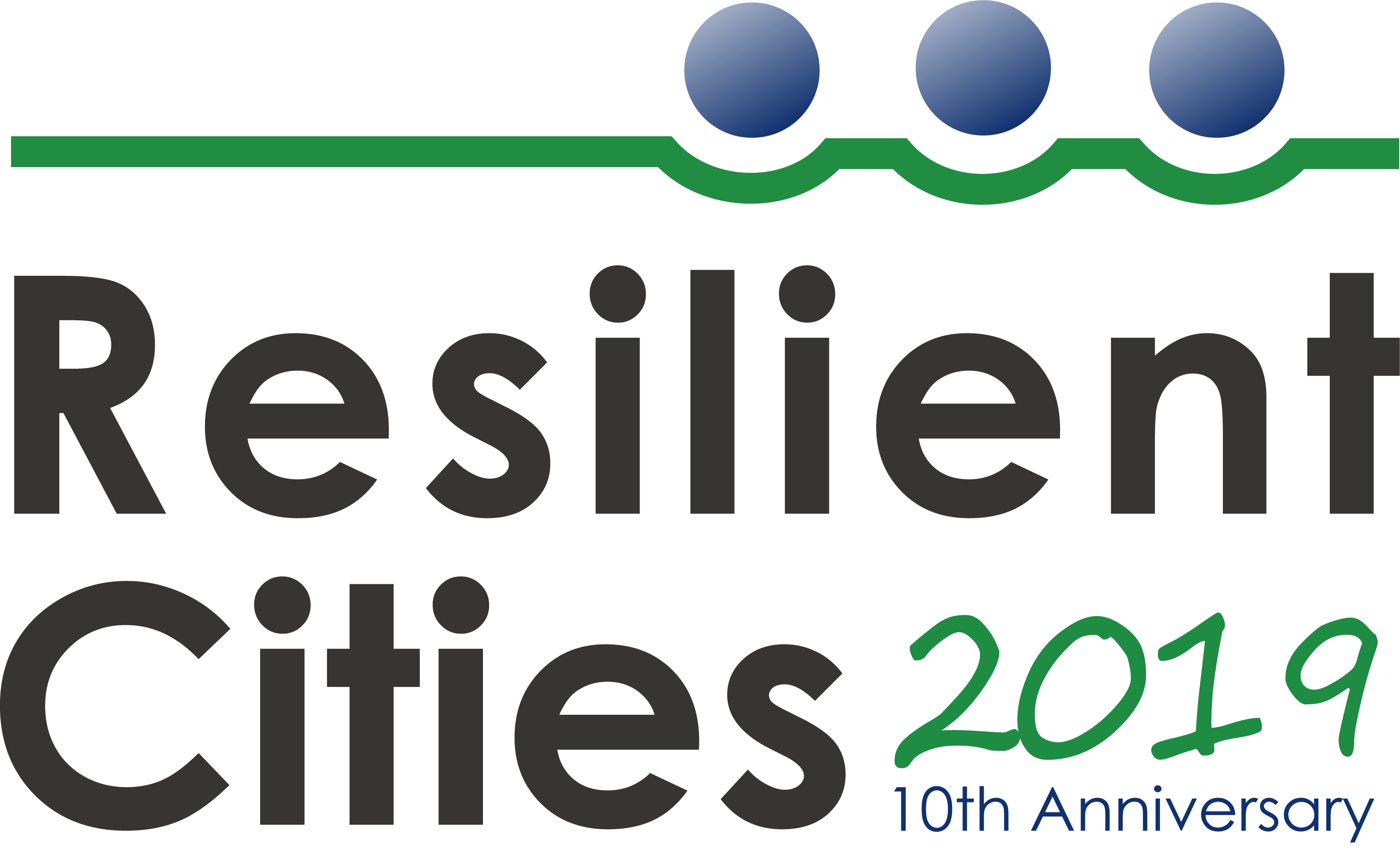Governance
To address emerging and consolidates issues in a comprehensive and holistic manner, there is an urgent need to spur multi-stakeholder collaboration and multi-level governance. In other words, the capacity of individuals and institutions to cooperate effectively, at national and sub-national levels and among different sectors. The combined power of different actors’ perspectives, expertise and resources can scale up new and proven interventions, and are key ingredients in supporting resilient transformations.

Improving urban water governance (Session C5)
The way water resources and services are governed has profound impacts on people’s living, the sustainability of water resources, and the resilience of water systems. Governing urban water includes formulation, establishment and implementation of policies, legislation and institutions, and clarification of the roles and responsibilities of all levels of government, civil society and the private sector in relation water resources and services. The outcomes of urban water governance determine the equity, efficiency and resilience of urban water systems.

Increasing resilience through multi-stakeholder collaboration and community engagement (Session B5)
Community engagement and improved social participation are essential to build local resilience and reducing risk by providing bonding, bridging, and linking practices that enhance appropriation of neighborhoods and ecosystems. Organized and knowledgeable communities can better cope with disasters, learn from previous experiences, adapt to new environments and ultimately become more resilient.

Linking data and science for resilience (Session A4)
Data gathering, data analysis and scientific knowledge are a valuable source of information for local governments in designing and assessing their resilience strategy to cope with climate-related risks. The dialogue and collaboration among scientists and data analysts and policymakers is essential to resilience planning and for better-informed decision making.

Tools and Games for better dialogue among stakeholders: Examples from Africa (Session B1)
An interactive and inclusive discussion, by means of a Samoan Table, will be kicked off by project partners from Malawi and Zimbabwe who will showcase existing collaboration mechanisms in Africa, how they are being applied and what the key enablers and barriers of such mechanisms are.
